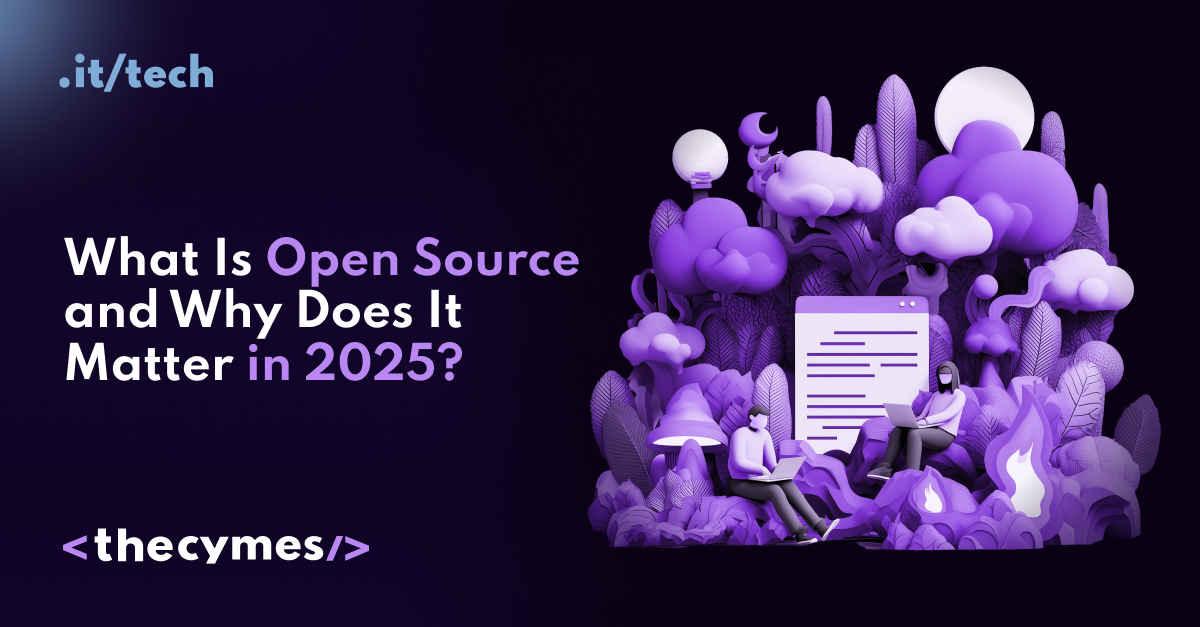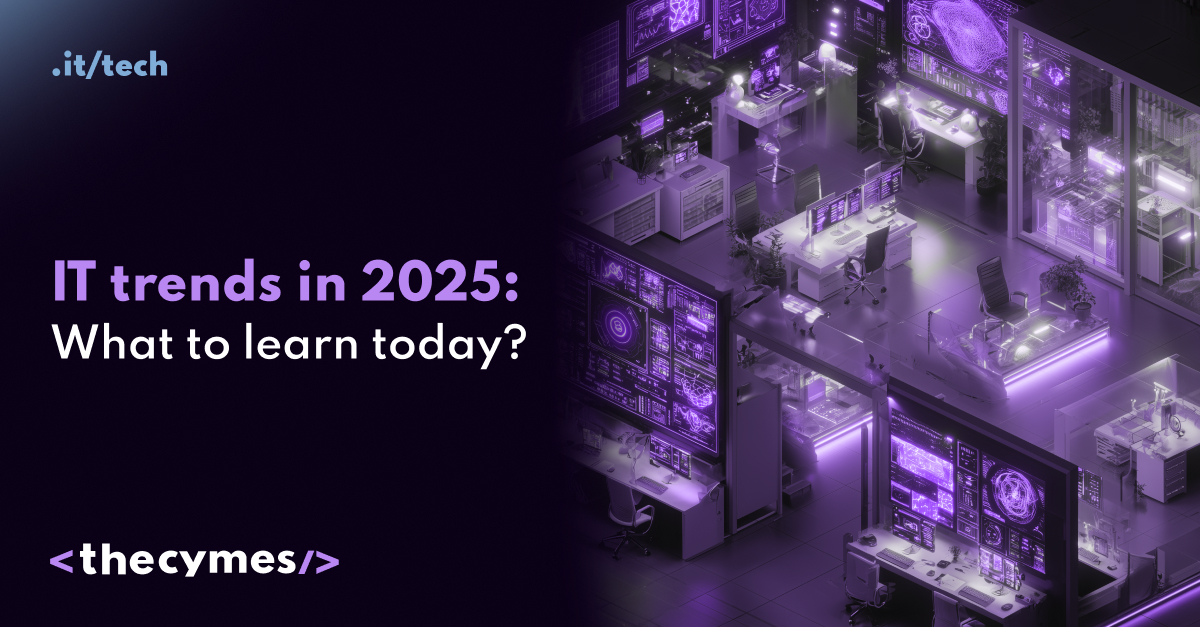.it/tech17 January 12:14
0<
The future IT trends of 2025: What to do to stay afloat
/>What technologies will determine the IT sphere in 2025? Explore future trends and learn how to prepare for change to remain a sought-after specialist. be updated on the latest tech newsGet exclusive news updates and overview on tech market




